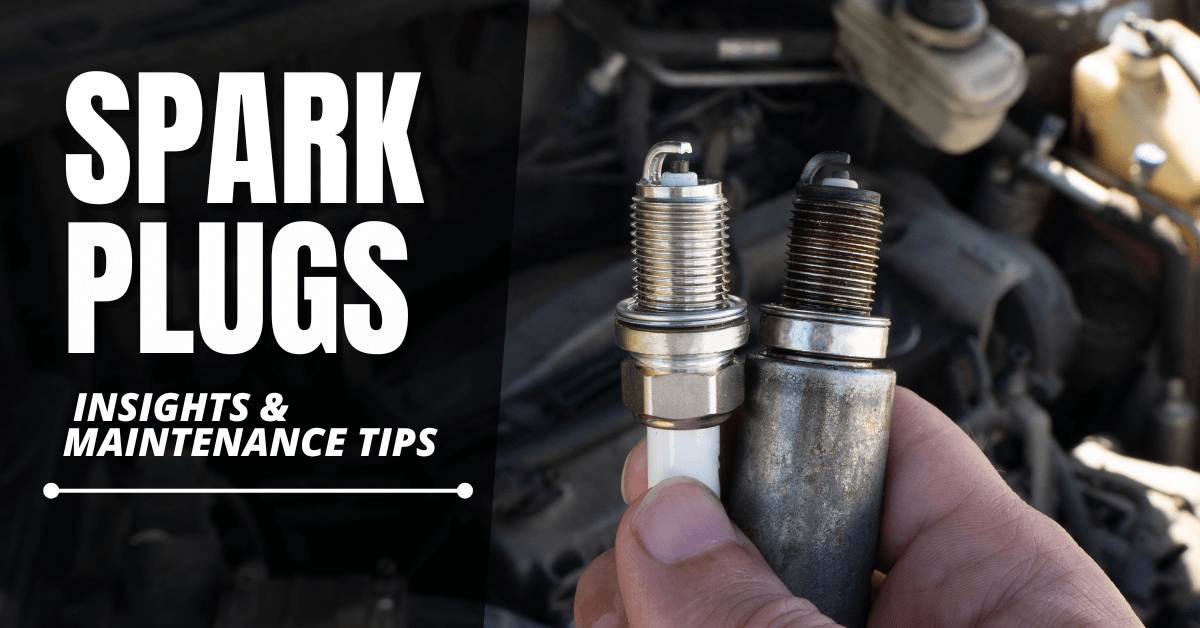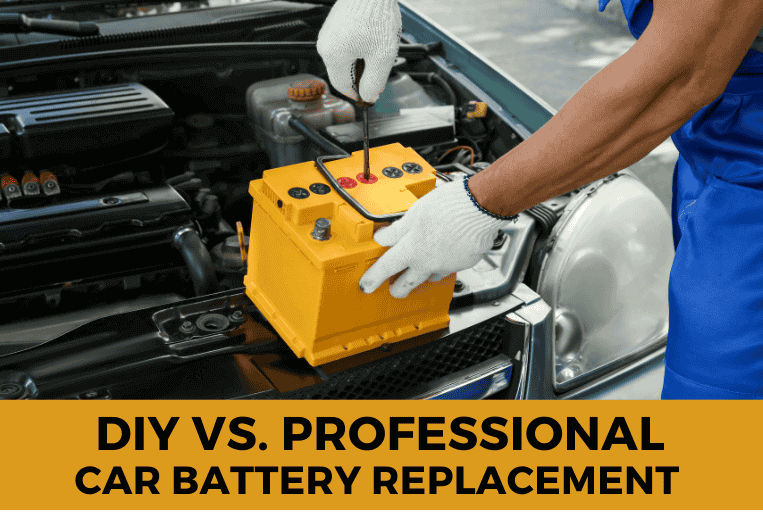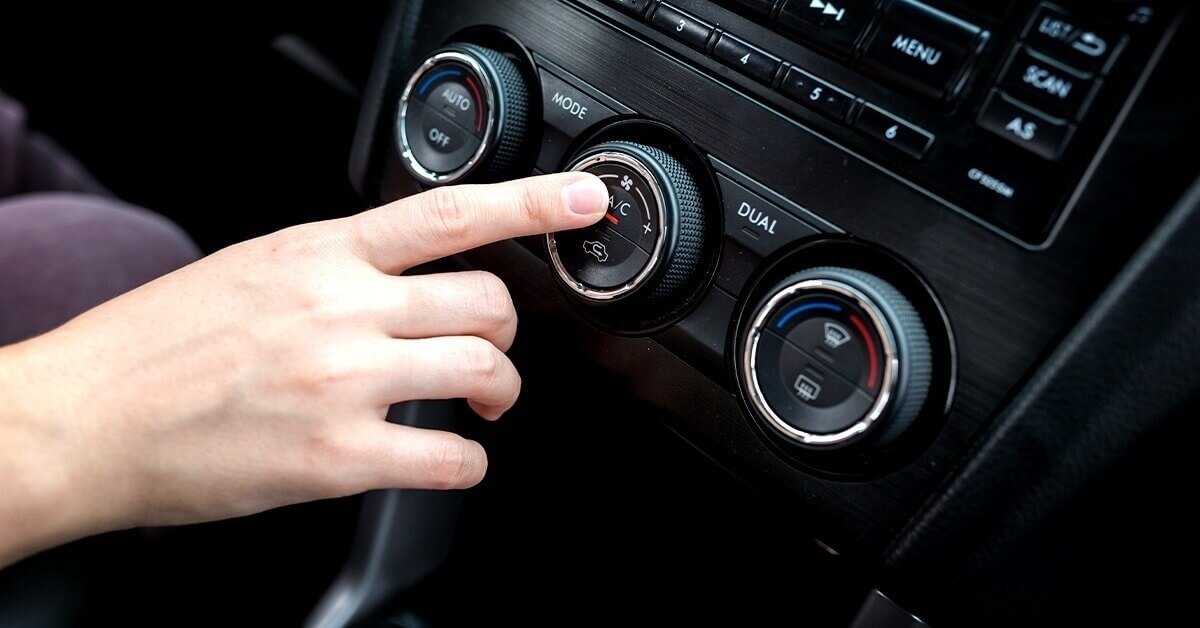Spark Plugs: Comprehensive Insights and Maintenance Tips
Understanding Spark Plugs and Their Role

Find your tyre
READ THE DIMENSIONS OF TYRES

The spark plug comes into play when it comes to your vehicle's performance, a small but mighty component. Whether you are a car enthusiast or simply a driver, making sure that your spark plugs are in good condition is essential for the health of an engine. This comprehensive guide will cover everything you need to know about car spark plugs, from what they are and how they work to tips on car maintenance and replacement.
What Are Spark Plugs?
In simple terms, spark plugs are devices used to ignite the air-fuel mixture in your engine's cylinders to facilitate combustion. This ignition is what leads to the generation of the power that ultimately drives your vehicle. Without properly functioning spark plugs, your engine wouldn't be able to run efficiently or even start at all, for that matter.
The typical configuration of a car spark plug includes a central electrode that is connected to the vehicle's ignition system and an outer metal shell that connects to the engine's cylinder head. The job of the spark plug is that it must provide the correct spark at the correct time to ensure the smooth running of the engine.
Types of Spark Plugs
Not all spark plugs are made equal. There are various kinds of car spark plugs designed for different vehicles and driving conditions. Some of the common types include:
1. Copper Spark Plugs
Copper spark plugs are traditional and economical. They have great conductivity, which offers a strong spark, but they wear out faster than other types. These are used mostly in older vehicles or as low-cost replacements.
2. Platinum Spark Plugs
Platinum spark plugs have superior durability over copper, giving better performance. They are characterized by a very long service life, commonly used in most of the modern cars with higher-performance engines. Platinum car spark plugs have become ideal for cars that require longer intervals between replacements.
3. Iridium Spark Plugs
Iridium spark plugs are the most advanced available today. They provide superior performance, longer life, and better fuel efficiency. Iridium is more durable than platinum and copper, making these spark plugs ideal for high-performance and luxury vehicles.
4. Double Platinum Spark Plugs
These spark plugs feature platinum electrodes on both the center and ground electrodes for the ultimate combination of performance and life. They are found in many vehicles equipped with a distributorless ignition system (DIS).
5. Double Iridium Spark Plugs
As the name suggests, these spark plugs have two iridium electrodes, offering ultimate performance and durability. While they are more expensive, their longevity and efficiency make them a popular choice for high-end vehicles.
How Do Spark Plugs Work?
Spark plugs work by delivering a spark of electricity to ignite the air-fuel mixture inside your engine's cylinders. Here's a step-by-step breakdown of how they operate:
- Ignition System Sends Current: The ignition system sends an electrical current through the spark plug, which passes through the central electrode and jumps across a gap to the ground electrode.
- Spark Creation: This electrical discharge creates a spark that ignites the air-fuel mixture in the engine's cylinder, causing a small explosion.
- Power Generation: The explosion forces the piston downward, which turns the crankshaft and powers your vehicle.
- Constant Firing: This process repeats rapidly, generating the power needed to keep your engine going. Your spark plug makes sure that this spark happens at precisely the right time for effective combustion.
The spark plug plays a key role in determining the car's engine timing, combustion efficiency, and smoothness.
Importance of Spark Plugs
It cannot be overemphasized how vital spark plugs are to a vehicle's functioning. Those small but mighty components play a pivotal role in:
- Efficient Combustion: Without the right spark, your engine will not produce power and will experience bad performance and poor fuel efficiency.
- Engine Longevity: Well-maintained car spark plugs prevent engine misfires and uneven fuel burn, reducing wear on other engine components.
- Fuel Efficiency: Worn or fouled spark plugs result in incomplete combustion, which means more fuel is wasted. Fresh spark plugs mean that the air/fuel mixture burns properly; thus, you will spend less at the pump.
- Emission Control: A faulty spark plug can cause unburned fuel, increasing emissions. Maintaining the health of your spark plugs is one way to help reduce the amount of dangerous exhaust emissions released into the air.
How to Identify a Bad Spark Plug
A bad spark plug can give many symptoms that affect your vehicle's performance. Here are some common signs of a failing spark plug:
- Engine Misfire: A misfire occurs when the spark plug fails to ignite the air-fuel mixture properly. This can result in rough idling, hesitation while accelerating, or a noticeable lack of power.
- Difficulty Starting the Engine: If the spark plug is not working, then the engine may not start or have difficulty starting.
- Poor Fuel Economy: Bad spark plugs result in inefficient combustion, leading to an increase in fuel consumption.
- Rough Idle: If your car shakes or idles roughly while stopped, that is an indication that the spark plugs might not be operating as they should.
- Increased Emissions: Worn-out spark plugs may cause incomplete combustion, leading to higher emissions and possibly failing an emissions test.
- Check Engine Light: If the spark plug is damaged or worn out, it may illuminate the check engine light to signal the problem.
If you notice any of these signs, it’s important to have your spark plugs inspected and replaced promptly.
How to Change Spark Plugs
Changing spark plugs is a relatively straightforward task, but it requires attention to detail. Here’s how you can replace them yourself:
- Prepare the Tools: You’ll need a spark plug socket, ratchet wrench, extension, and new spark plugs.
- Locate the Spark Plugs: The spark plugs are usually located on the engine’s cylinder head. They’re often covered by ignition coils or wires.
- Remove the Ignition Coils: If your car has coil-on-plug ignition, you’ll need to remove the ignition coils by unscrewing them.
- Remove the Old Spark Plugs: Using the spark plug socket, unscrew the old spark plugs. Be careful not to damage the threads in the engine.
- Install the New Spark Plugs: Before installing the new spark plugs, check the gap between the electrodes and adjust if necessary (this information is available in your car's manual).
- Tighten the Spark Plugs: Install the new spark plugs and tighten them securely, but avoid over-tightening.
- Reattach the Ignition Coils: After installing the new plugs, put the ignition coils or wires back in place.
Replacing spark plugs is possible for DIYers, but it's always advisable to get professional assistance for accuracy and to prevent damage to other components of the engine.
Spark Plug Maintenance Tips
Taking good care of your spark plugs can help prolong their service life and keep your engine in good condition. Here are some tips:
- Regular Inspections: Have your spark plugs checked regularly for any signs of wear, corrosion, or damage.
- Use High-Quality Fuel: Poor-quality fuel can cause carbon buildup on the spark plugs, which affects their performance. Always use high-quality fuel to keep your car spark plugs clean.
- Proper Gap Settings: Always ensure that the spark plug gap is set according to your vehicle's manufacturer specifications to avoid misfires and inefficient combustion.
- Replace as Needed: Replace your vehicle's spark plugs at the recommended interval—usually every 30,000 to 100,000 miles, depending on the type of plugs used.
How to Select the Right Spark Plug for Your Vehicle
Choosing the right spark plug is essential for optimal engine performance. Here’s how to make the right choice:
- Vehicle’s Manual: Your vehicle’s manufacturer will provide the ideal spark plug type, gap size, and heat range.
- Consider Your Driving Conditions: If you drive in harsh conditions (like the hot UAE climate), choose spark plugs designed for longevity and performance in extreme temperatures.
- Check the Manufacturer’s Specifications: Make sure the replacement spark plug matches the specifications outlined in the owner’s manual for proper engine operation.
Why Hire a Professional Spark Plug Replacement?
While replacing car spark plugs can be a DIY task, there are advantages to hiring a professional:
- Expertise: Professionals can ensure that spark plugs are installed correctly and can diagnose any underlying issues with the ignition system.
- Precision: Incorrect installation or the wrong spark plug can lead to engine damage. Professionals ensure that the job is done right.
- Tools: Professional mechanics have the right tools to properly gap and install the spark plugs.
For professional spark plug replacement in the UAE, visit your nearest TyrePlus store and Book an appointment.

What Is an Engine Mount? An In-Depth Guide
Learn what an engine mount is, its function, types, and signs of failure in this in-depth guide. Get expert tips on maintenance and replacement.

DIY or Professional Car Battery Replacement: Which is Right for You
Learn the pros and cons of DIY vs. professional car battery replacement to decide the best option for safety, convenience, and efficiency.

Car AC woes in Dubai Heat? 10 Reasons for Insufficient Cooling
Beat the Dubai heat! Explore 10 common reasons your car's AC isn't cooling well. Discover solutions for a comfortable driving experience in soaring temperatures.
